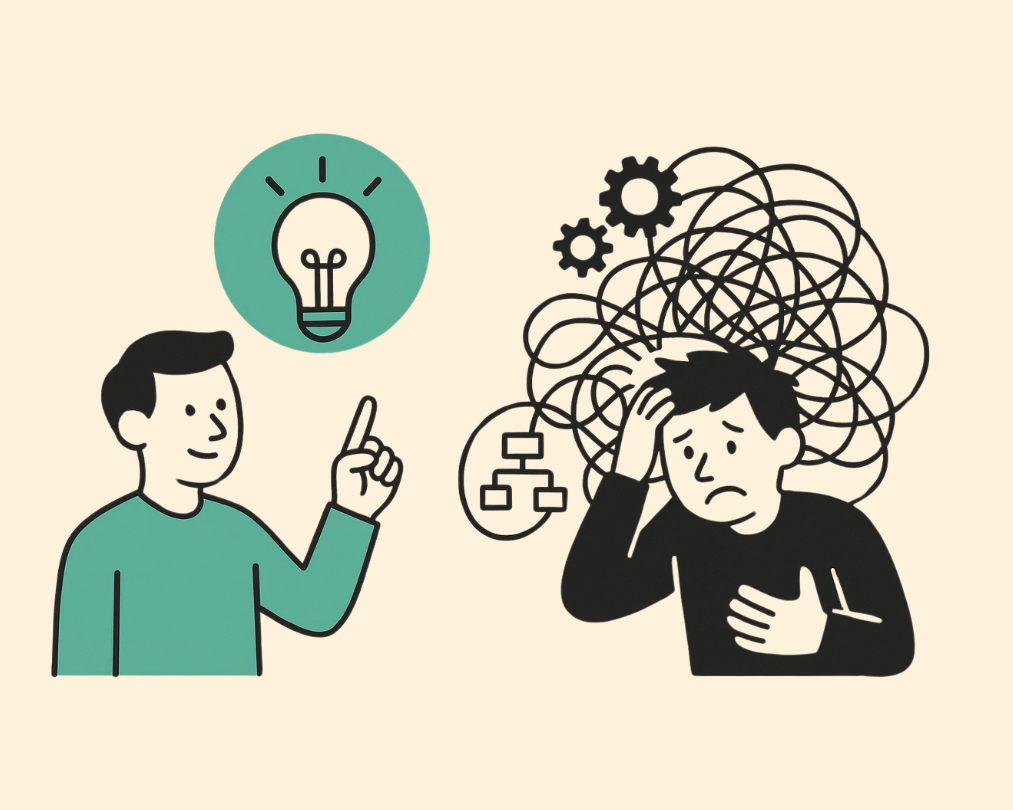
Thinking and reasoning
A practical series for anyone who wants to think more clearly in a world full of noise.
Subscribe for the latest posts🧠 Thinking and Reasoning
A practical series for raising sharper, more thoughtful minds in an age of noise and distraction.
We live in a world that rewards speed, certainty, and surface-level thinking. But real clarity — the kind that helps us make better decisions, spot bad arguments, and resist manipulation — takes practice.
This series is here to help.
Whether you’re a parent, teacher, or curious learner, Thinking and Reasoning offers tools for developing sharper minds in kids and adults alike. No fluff. No jargon. Just useful ideas, explained clearly.
🔍 What you’ll find:
- Bite-sized explainers on logic and fallacies (like the Straw Man or False Dilemma)
- Simple mental tools to help kids think more clearly — and adults too
- Insights on how to navigate a world of bias, hype, and half-truths
- New posts added regularly — and growing into a full resource hub
📬 Join the readers who want to think more clearly.
Subscribe to get the latest posts in your inbox — or share with someone who cares about raising better thinkers.
Read the latest articles
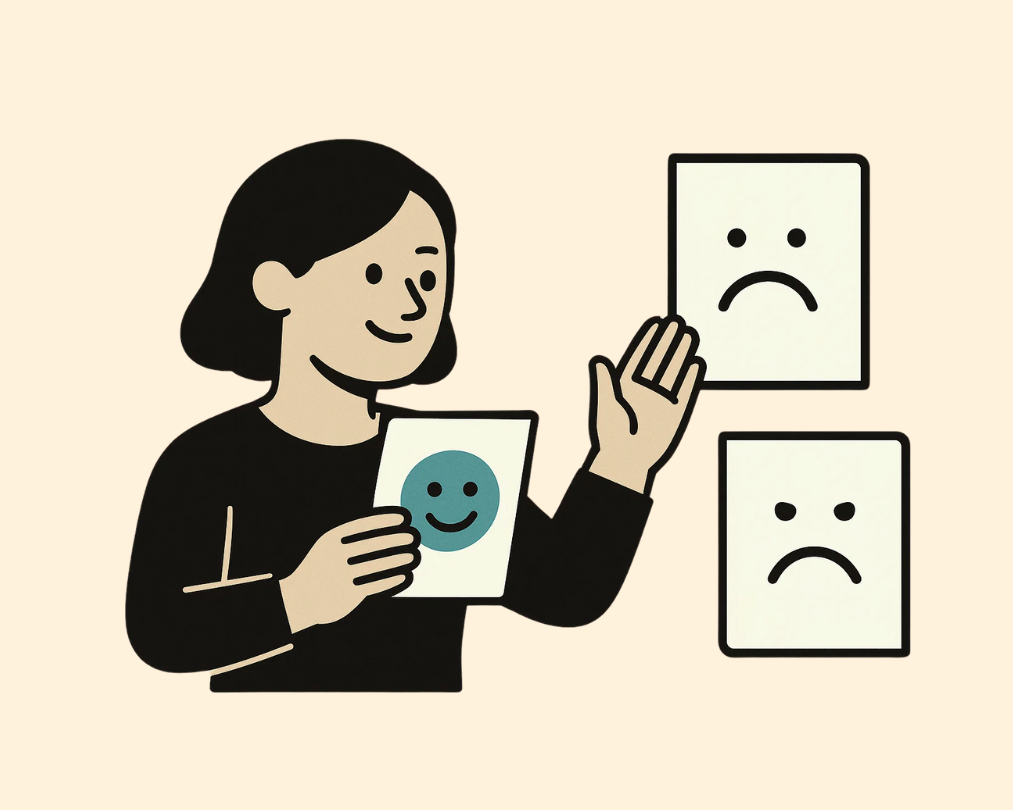
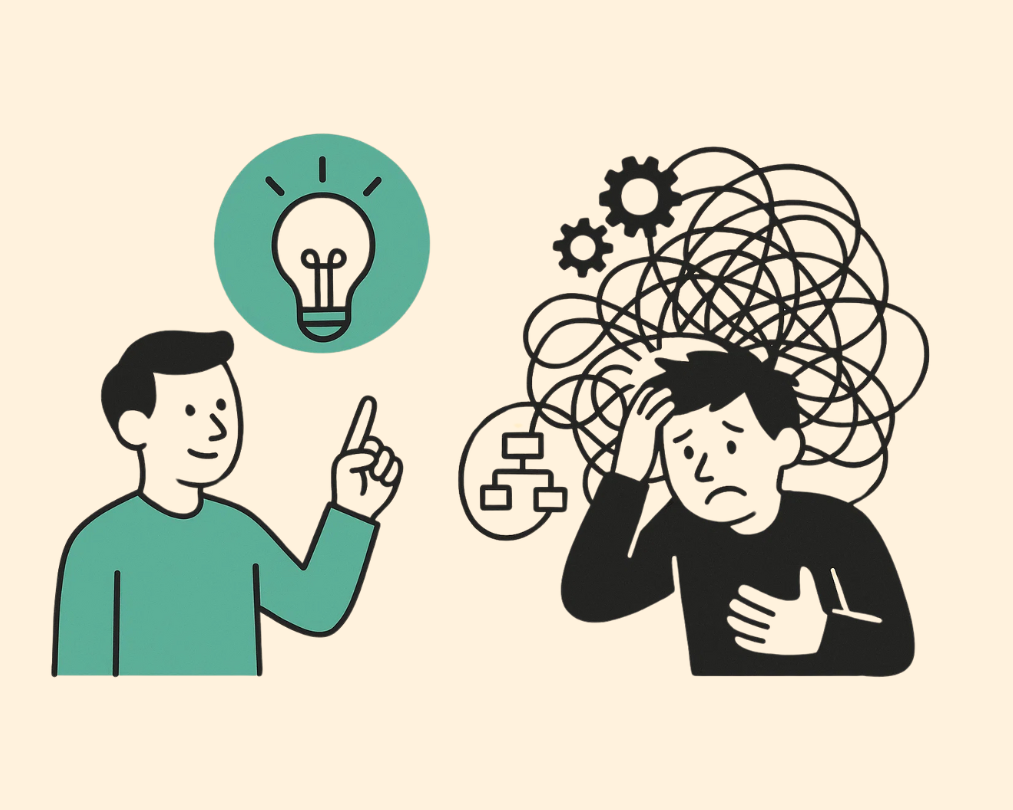
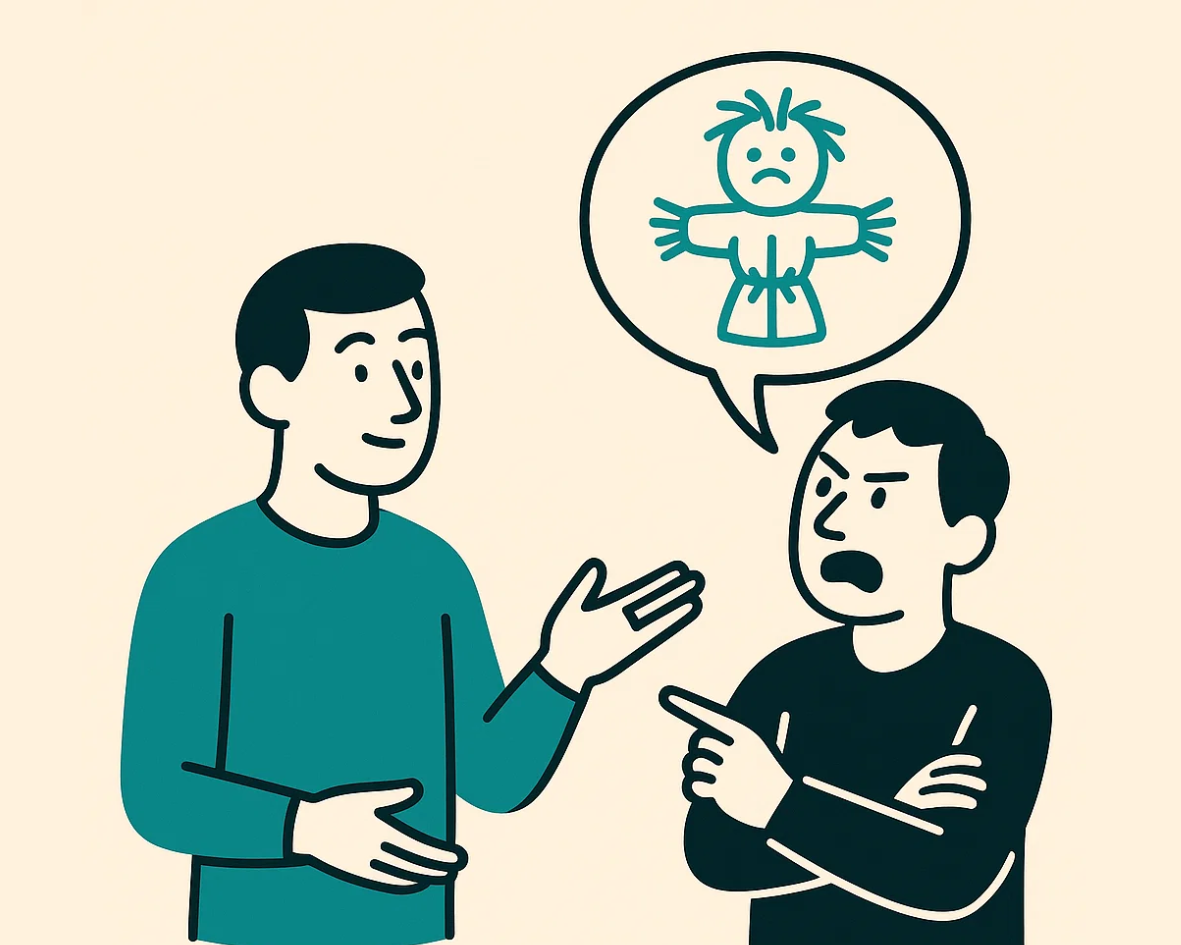
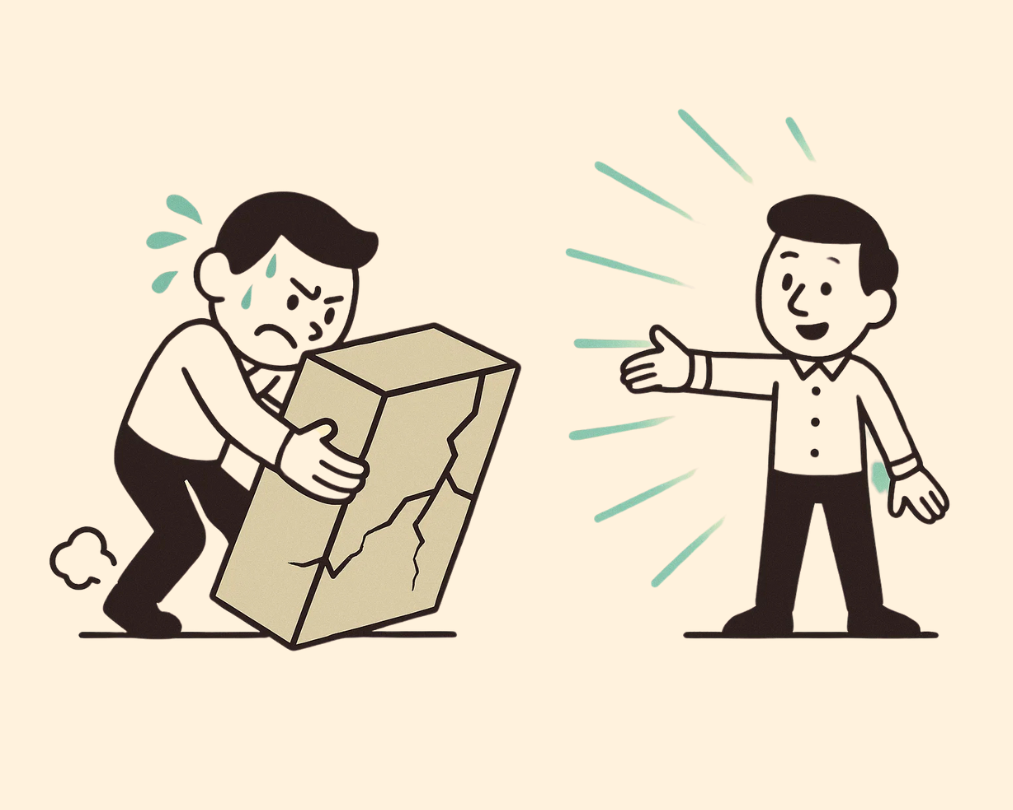
Pass it along!
Share the series with someone who’d appreciate it.





